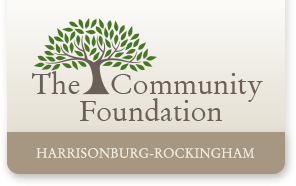Tax return reviews help clients level up charitable giving plans
Tax return reviews help clients level up charitable giving plans
Tax time has its silver linings! Going over a tax return with a client helps start a productive conversation about ways to plan gifts to charity more effectively. As you scan 2023’s charitable contributions, talk with the client about whether those charitable gifts were made with cash or with other assets and then steer the conversation toward discussing the most effective assets to give to charity during 2024 and beyond.
Here is a four-point checklist that can help you advise your clients about the range of charitable giving options.
–Remind clients that cash is not king when it comes to charitable giving. Cash is typically not the most tax-effective form of charitable giving. Instead, encourage clients to consider giving highly-appreciated assets, including publicly-traded stock, to their fund at The Community Foundation to support their favorite charities.
–Think even beyond stock. Encourage clients to explore not only highly-appreciated stock as a potential gift to charity, but also the various forms of “noncash” assets that can make great charitable gifts. After all, American households’ most valuable assets are retirement accounts and personal residences, not cash. Examples of assets that could be excellent charitable gifts depending on the client’s circumstances include gifts of real estate, closely-held stock, collectibles, and, for clients who are age 70 ½ and older, direct transfers from an IRA (known as a Qualified Charitable Distribution) to a field-of-interest or unrestricted fund at The Community Foundation.
–Make it easy on yourself and your client. Reach out to the team at The Community Foundation for assistance! We are happy to help you and your client evaluate the best assets to give to a donor-advised or other type of fund at The Community Foundation to achieve the client’s charitable goals.
–Close the loop on IRS reporting. Remember that the reporting requirements are different for noncash gifts to charity versus cash gifts. Make sure you are familiar with IRS Form 8283, which must be filed with any tax return claiming a deduction for noncash assets valued at $500 or more. The IRS expects strict adherence to the terms of the form, especially the requirement for a qualified appraisal. On our end, The Community Foundation will handle the confirmation of receipt and a commitment to document and notify the IRS if disposition occurs within three years.
Opening up the full range of charitable giving options for a client can help you structure a holistic estate and financial plan that meets the client’s objectives for family wealth, philanthropy, and tax effectiveness. Reach out anytime to the team at The Community Foundation to discuss techniques and strategies.
This article is provided for informational purposes only. It is not intended as legal, accounting, or financial planning advice.













